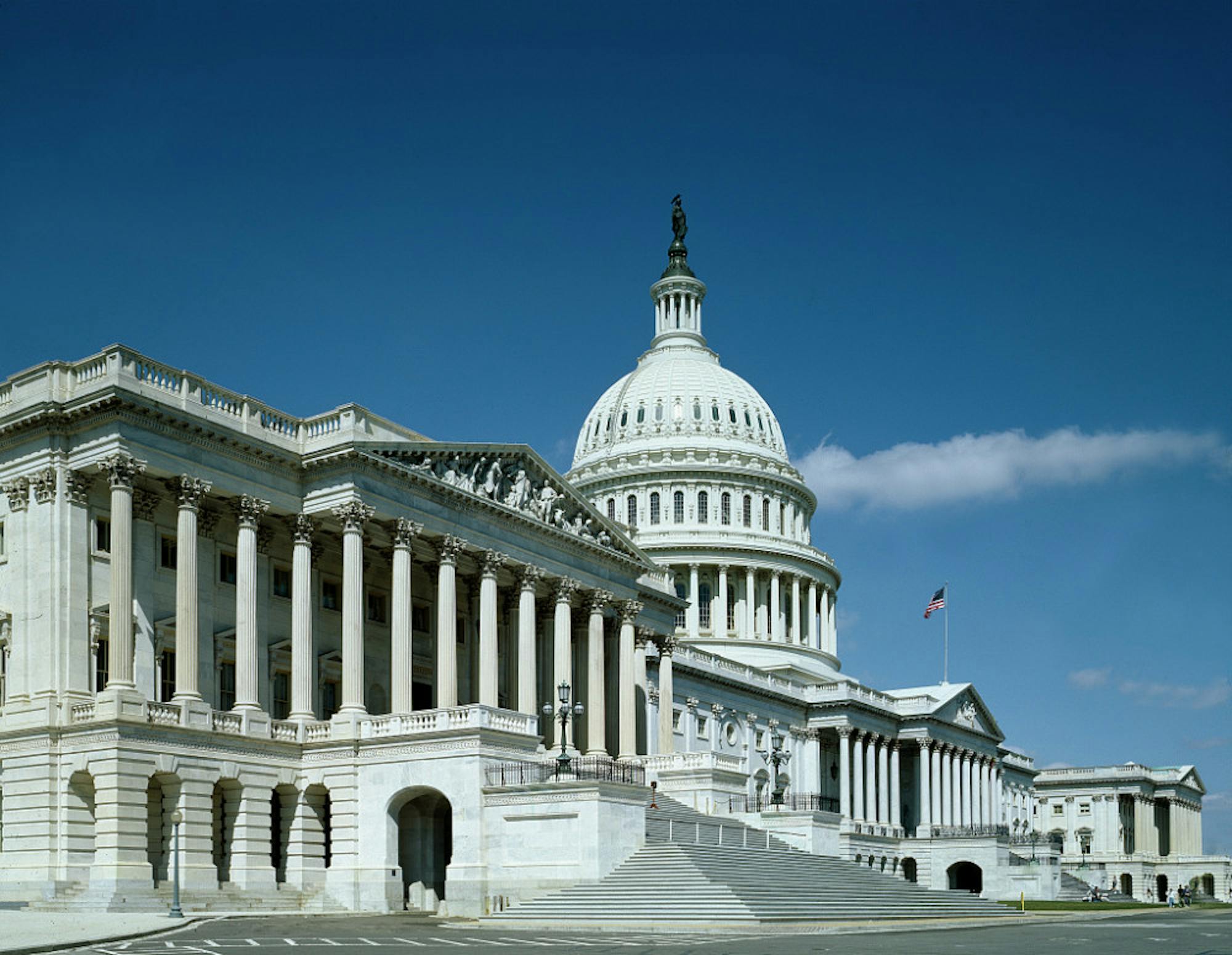At this point, you’re probably tired of hearing about artificial intelligence. It has become increasingly clear that AI is going to change the way that many things are done. Its ability to write code, make art and learn from humans to hold conversations holds great potential in reimagining many aspects of society. However, such significant changes face pushback. There has been concern that the computer’s pace of development will be disastrous, as the human brain’s processing power won’t keep up with AI’s capability of limitless content generation. In short, AI could flood people with false information faster than we could remove it. This would bring catastrophic consequences for online discussion and political engagement. Access to the technology for malicious capabilities would be just as easy as access for education or artmaking.
These concerns have been connected to Russian hackers, with the accusations that Russia meddled in the 2016 U.S. presidential election. However, I believe that these concerns overlook an equally dangerous threat to our democracy — one that derives from within our own borders. Every new development in artificial intelligence will exacerbate the process of moving aside civics education in favor of STEM, reducing citizens’ political awareness from the earliest stages of their education.
Science, technology, engineering and math education has already been disrupting conventional political socialization in schools. In the decades since the Space Race, the United States has sought to become a global leader in science and mathematics, perceiving those fields to be vital to national security. However, civics and history are being overlooked as a result of this perceived advantage. As social sciences receive less attention, Americans have crucial gaps in knowledge, such as their First Amendment rights or the branches of government. This effect cascades, creating generations of adults who are much more proficient with a TI-84 calculator than a voting machine. The rise of AI will only worsen these trends.
One of the main reasons STEM has been so popular is because employers demand it. STEM job growth has increased rapidly. However, STEM courses are sometimes underrepresented in high schools, leaving a large portion of students who are unprepared for a potential STEM career. For schools, providing an effective STEM education is a guarantee that their students will be ready to enter the workforce.
AI provides employers more leverage in two ways. First, AI will become another “skill” for students to learn in schools, further taking away resources and time for civics. AI skills will be next in line after the promotion of coding, robotics and computer literacy, beginning as early as primary school. This could also include government funding for AI educational initiatives and a shift in focus in teacher training.
Another significant change that AI brings is that it increases the capacity for STEM education itself. AI has the potential to personalize learning experiences, give 24/7 support and aid with trivial work for teachers. Though this could just as easily be used to expedite civics education, it is likely that AI efforts will be focused on STEM education. This is because some perceive STEM education as a complex field that AI could simplify and because it already receives a lot of attention. Because AI increases employer demand, with many anticipating fierce competition for limited numbers of AI-trained professionals, the United States will feel the need to continue investing in STEM education to keep up.
This would be damaging to our democratic health. When people aren’t being educated about how society functions, they aren’t civically engaged due to apathy and ignorance. The United States’ voter turnout rate has been trending lower than other countries’ for decades, and even recent raises still put it behind other liberal democracies. Fewer people are also joining unions and volunteering. Poor turnout and representation leads to policies that don’t display the interests of constituents, making them harmful to democracy. Moreover, this lack of democratic participation makes us more susceptible to the potential misinformation attacks mentioned earlier, as they play on citizens’ distrust of government and democratic processes. If people were trained to understand democracy and be confident in their active participation in it, it would bolster our governing system and make it less susceptible to these threats.
AI looks like it could be the next big thing for the United States’ economic and political development, but it is important to remember the roots of our democracy so that we will be equipped to handle AI in the future. STEM education can remain valuable, but without a focus on civics and political engagement, we won’t be able to confidently address AI on a sociopolitical level. The importance of representation and advocacy in American democracy is one thing that technology can never replace.






